detail profile dainius gavenonis
Peran Yang Di Mainkan Dainius Gavenonis
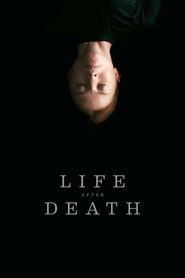 Is anything changing in life when...
Is anything changing in life when...Life After Death 2023
Is anything changing in life when in a film your characters death, mourning the loss of beloved one - parents, children is played? In Life After Death, this question is posed in different forms to three generations of actors.
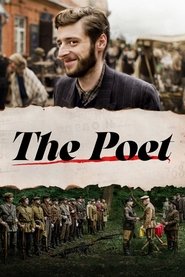 A newly appointed teacher arrives at...
A newly appointed teacher arrives at...The Poet 2022
A newly appointed teacher arrives at a remote village school in 1947. The famous journalist and distinguished poet was downgraded for illegal publications and forbidden anti-Soviet verses. Suspicious locals still prefer to test his loyalties, while children wilingly recite his verses from 'To My Soviet Motherland', written under pressure to prase Uncle Lenin. Eventually, an unforgotten friend shows him a secret wintery path to the Dainava resistance platoon's underground bunker.
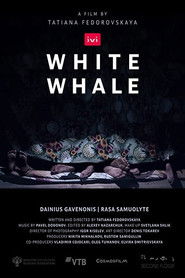 Philip is very successful Everything in...
Philip is very successful Everything in...White Whale 2021
Philip is very successful. Everything in his life happens according to his plan. He is a brilliant lawyer, winning all hopeless cases thanks to his informal connections with supreme authorities. He is also happy in his private life: his virtuous wife and two adopted twin siblings love and admire him. One day, that harmony crumbles. A force major arises on his way to the perfect future. Suddenly, his children are found to have a severe genetic disease that they inherited from one of their biological parents. It means they both will soon become disabled. What will he do? Will he accept this circumstance and bury his plans for a perfect life. Or, will he defy this destiny and castle the pieces on the chessboard to reverse the game's course in his favor? How many figures will he sacrifice before he realizes he himself is a pawn in someone's higher-level game?
 Migles grandfather has been living in...
Migles grandfather has been living in...Family Unit 2019
Migle’s grandfather has been living in an apartment that is too big for him. Two sibling families decided to move him out. In order to please Migle, Eimantas comes to grandfather’s home to help family move all the furniture. But not everyone in the family is happy about his presence.
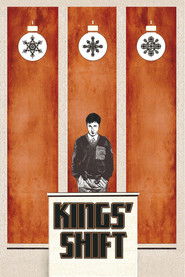 A rookie policeman is left alone...
A rookie policeman is left alone...Kings' Shift 2016
A rookie policeman is left alone in a private clinic to guard a comatose suspect of World War II crimes. His shift is long over, yet nobody comes to replace him. However, the youngster is determined not to leave his post until he gets permission from his authorities to do so. Lack of sleep, loneliness, hunger and the persistence to serve his duty turn the young man into a ticking time bomb at the very wrong time. He must decide how far he can go guarding this suspect who is hated to death by everyone.
 Senecas Day is set in the...
Senecas Day is set in the...Seneca's Day 2016
Seneca’s Day is set in the year 1989, the final period of the Soviet era in Lithuania. Eighteen-year old buddies establish the Seneca’s Fellowship with the motto “Live each day as if it was your last”. A love triangle breaks up the fellowship right at the time the nation experiences an exceptional sense of community via Baltic Chain.Twenty-five years later, the main character who at first glance appears to be accompanied by good luck, is disillusioned with himself. He has betrayed the ideals of his youth and become a cold observer of life.
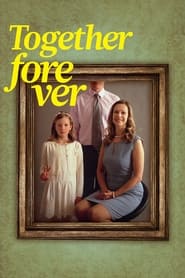 The plot follows an ordinary woman...
The plot follows an ordinary woman...Together For Ever 2016
The plot follows an ordinary woman whose family are becoming estranged. Her daughter is a compulsive liar, and her husband seeks escape by working as a stuntman in a B movie with a third-rate film company. The chances of him dying while filming are high, and everybody in the family knows it. Tormented by the thought that she is no longer needed and is unloved by her family, the woman will go to any extreme to prove the opposite, and to keep her family together for ever.
 A road movie buddy picture and...
A road movie buddy picture and...Low Lights 2009
A road movie, buddy picture and romance rolled into one, Low Lights pivots on a love triangle that evolves when two men and a woman take to ritual night driving. Transforming cold urban space into something charged with excitement, the drives provide the hope the trio so desperately needs.
 This film tells a grotesque story...
This film tells a grotesque story...Diring 2006
This film tells a grotesque story of image design. "Diringas" is a mysterious term conceived by the main character, which becomes a product of unlimited possibilites. Everybody is convinced that image is everything - so everybody fights for if. Nobody knows what it is, it is only important that you have it.
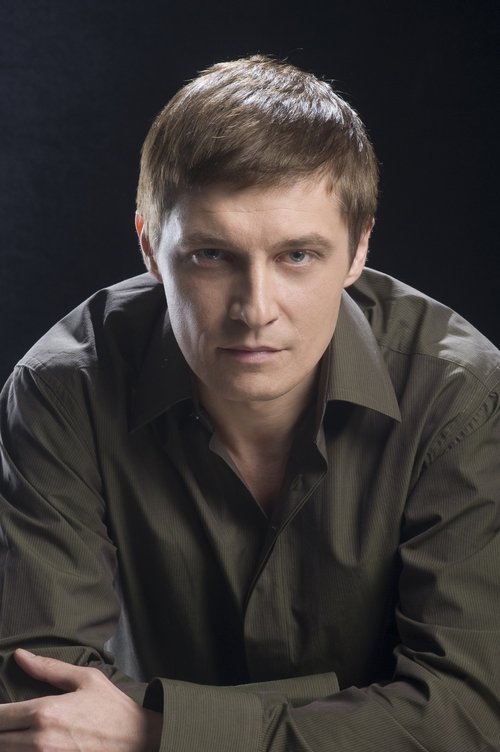
 Lina a Vilnius morgue medic who...
Lina a Vilnius morgue medic who...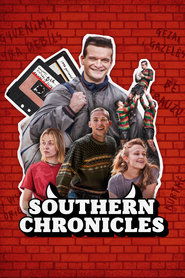 It follows Rimants who is more...
It follows Rimants who is more...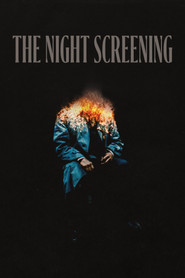 Watchmaker stumbles into a mysterious cinema...
Watchmaker stumbles into a mysterious cinema...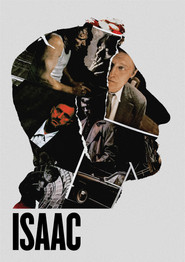 Kaunas Lithuania 1941 Lithuanian activist Andrius Gluosnis...
Kaunas Lithuania 1941 Lithuanian activist Andrius Gluosnis...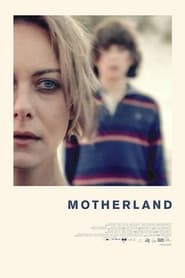 Shortly after the fall of the...
Shortly after the fall of the...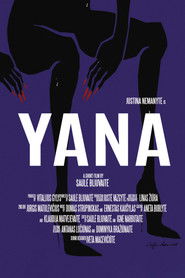 Left homeless after a fight with...
Left homeless after a fight with...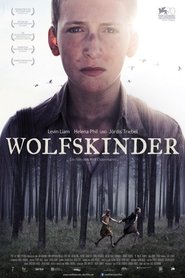 The story of a boy who...
The story of a boy who...